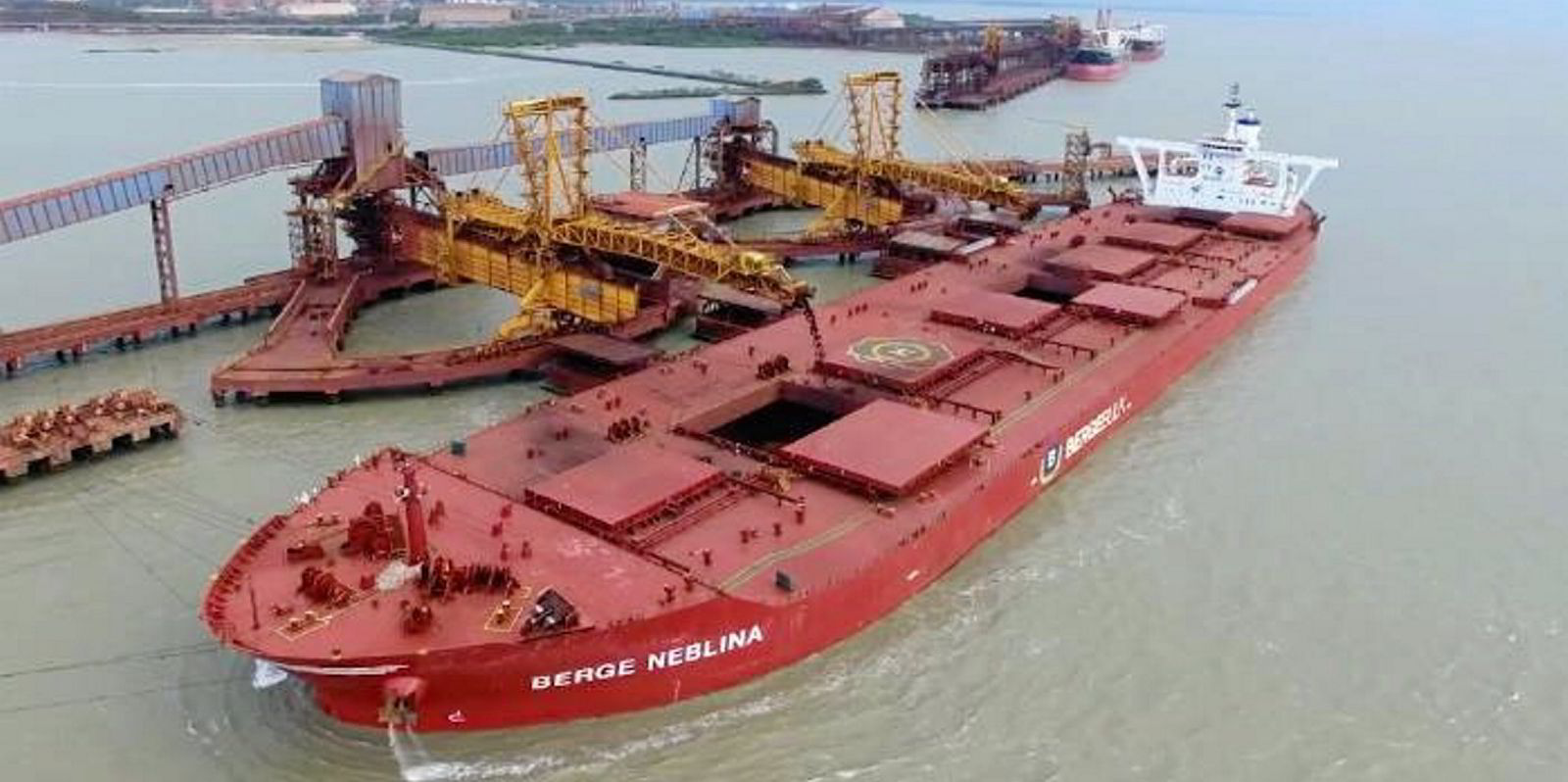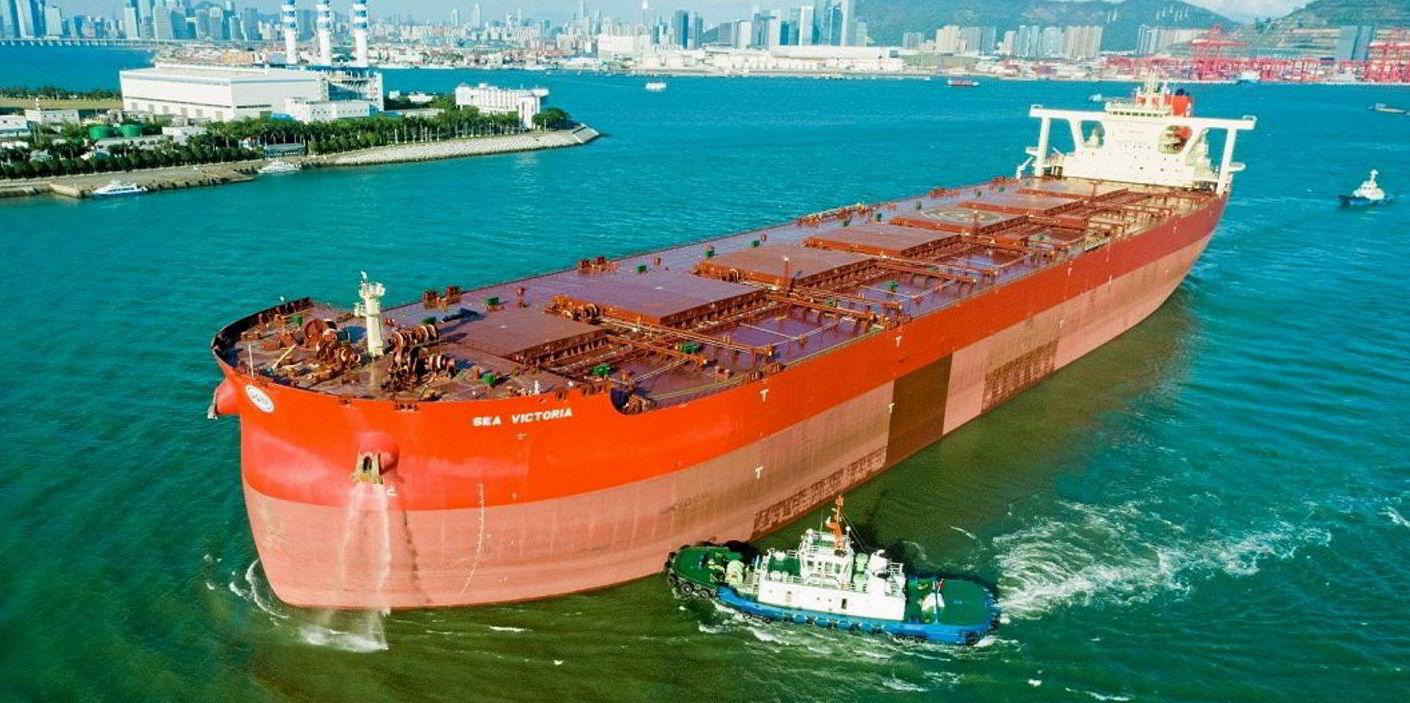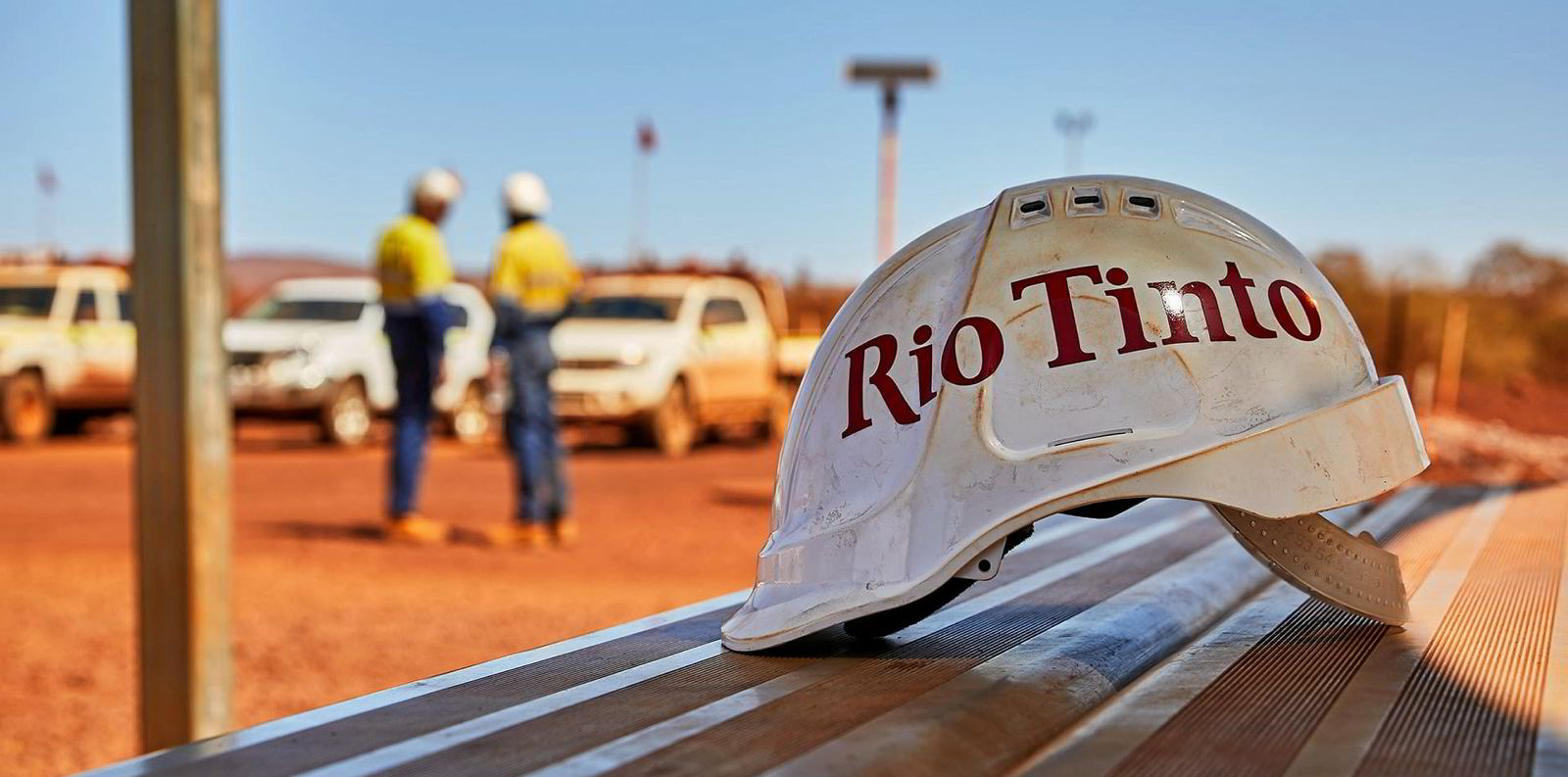Vale says it is happy to help China develop new sources of iron ore, but is currently focused on restoring production volumes.
“This is obviously an extremely important topic, the Chinese investment in mining,” Rogerio Nogueira, marketing director, iron ore at Vale, told the Singapore Iron Ore Forum.
“We understand that resources in our industry are finite and there needs to be a constant development of new resources in new regions, because there is a natural depletion of mineral resources.
“We also know these new developments are difficult. They are getting more expensive and we are getting into riskier jurisdictions.
“And in this regard, we understand that China’s support for the development of new projects is natural.”
TradeWinds reported last year that Beijing was increasingly looking to countries such as India, Canada and even Peru to wean itself off iron ore supplies from Australia.
Guinea in West Africa has been top of China’s diversification push, with the Simandou deposit said to hold the world’s largest reserve of untapped high-quality iron ore.
But the project, which is backed by Vale rival Rio Tinto, has been prone to repeated delays due to legal disputes and changes in government.
This is turning out to be a difficult start to the year for companies digging up some of the world’s most important raw materials.
Vale, like most of its mining rivals, has churned out less iron ore than expected in the first quarter amid licensing delays and heavier-than-normal rains.
However, it told the forum that it is “strongly committed” to maintaining and recovering its production volumes to better balance the market and essentially to reduce price volatility.
“High-price iron ore is neither in the interest of our clients nor in ours, so we want to have a more stable market,” Nogueira said.
As an example, he said that during the pandemic Vale relocated volumes from other regions to China to balance supply and demand.
China is by far the largest importer of iron ore, accounting for 68% of global imports in 2021, according to Banchero Costa.
However, it saw major declines in imports from two key suppliers, with volumes from Australia down 8.6% to 668m tonnes and volumes from Brazil down 14% to 199.9m tonnes.





